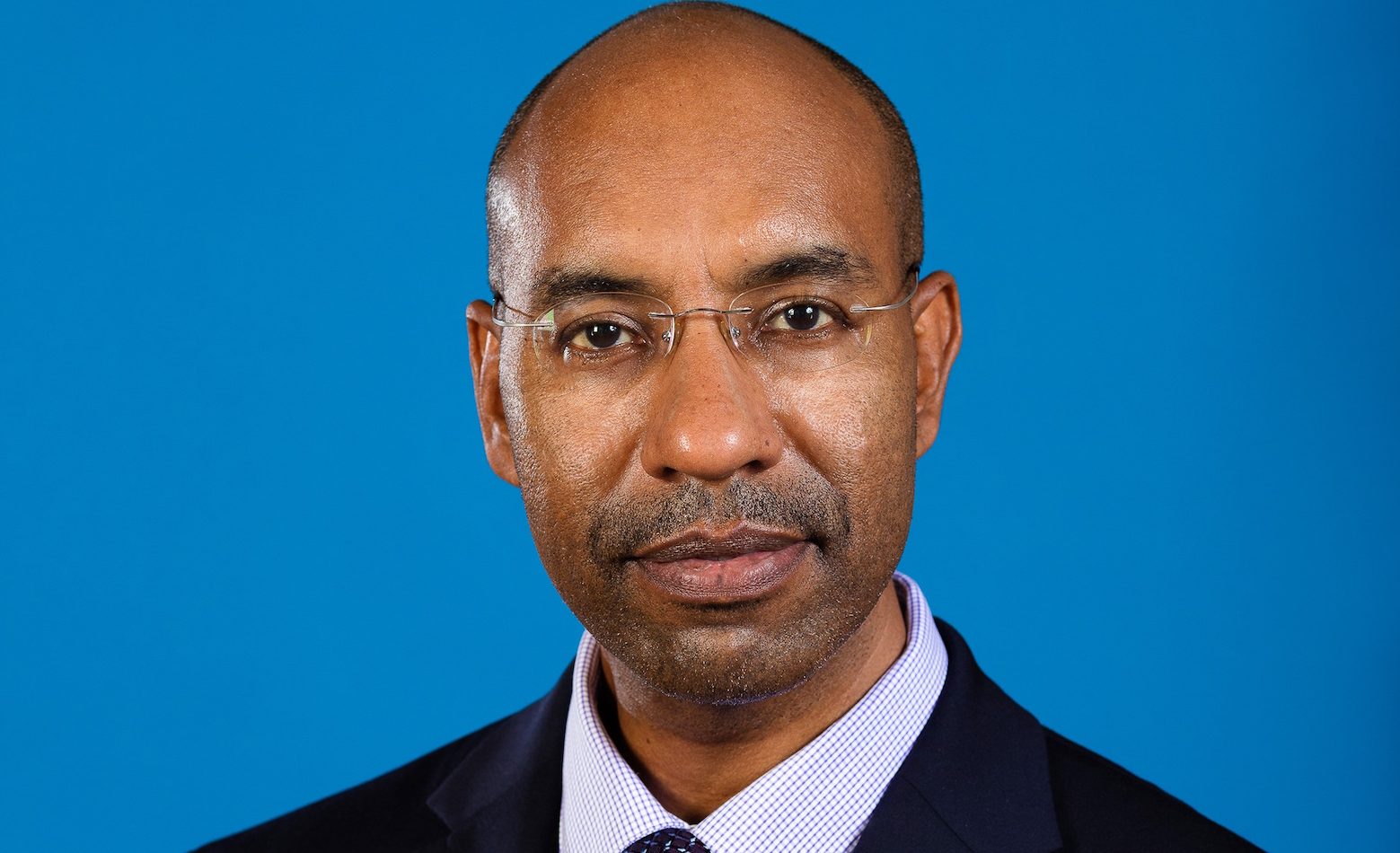 An earlier blog titled Our Doctors Can Do More To Help The People provoked heavy discussion from the BU family. BU came under heavy criticism by some who accused us of unjustly slurring that most noble profession, the medical doctor. We are therefore heartened by the feedback we have received which has been very supportive of our position.
An earlier blog titled Our Doctors Can Do More To Help The People provoked heavy discussion from the BU family. BU came under heavy criticism by some who accused us of unjustly slurring that most noble profession, the medical doctor. We are therefore heartened by the feedback we have received which has been very supportive of our position.
We reiterate that Barbadians over the years have tended to focus on the rising food and petrol prices when echoing concerns about the cost of living. At the same time professional fees have been rising equally as fast e.g. doctors, lawyers, architects, surveyors, engineers to name a few. We have decided to AGAIN highlight the role doctors can play to help the PEOPLE more in the current bleak economic climate.
A BU family member who appears to be close to the medical profession has put forward the argument that doctors have to expend large sums of money to train, and expensive equipment is required to maintain an acceptable level of healthcare delivery in their private practices. Even if we accept this argument, how does one explain that we have several doctors in Barbados who own mature practices and are known to be very affluent, but do little or no pro bono work? These rich doctors continue to charge rates which show insensitivity to the current depressed economic conditions.
Against the background of a rising cost of living is it unreasonable to expect that some more than a few doctors should want to give a lot more back to the community? From the feedback we have gotten we know of a FEW doctors who charge pensioners $30-$40 for a consultation. We were even more surprise to learn of ONE doctor on the West Coast who does house calls! The reality however is that our research shows that the majority of our doctors are prepared to collude on the matter of fixing fees and gorge themselves on the fatted calf.
In light of the pressures on our healthcare system and the worsening economic climate, the Barbados Association of Medical Practitioners (BAMP) should want to mobilize some of the more affluent doctors to park their Mercedes and BMWs and commit to offering their services at reduced rates periodically. The public relations benefit pales in significance to the satisfaction of satisfying the moral law which is the underpinning of this most noble endeavour.
Have the affluent doctors in our society become so numb and insensitive to the ‘pain’ of their fellow citizens that they cannot see how their failure to do more to ease the economic ‘pain’ violates the medical profession’s moral code of First Do No Harm – Primum non nocere?
On behalf of the PEOPLE we are asking DOCTORS in Barbados to do more to help the PEOPLE, we know that you can do more.




The blogmaster invites you to join the discussion.